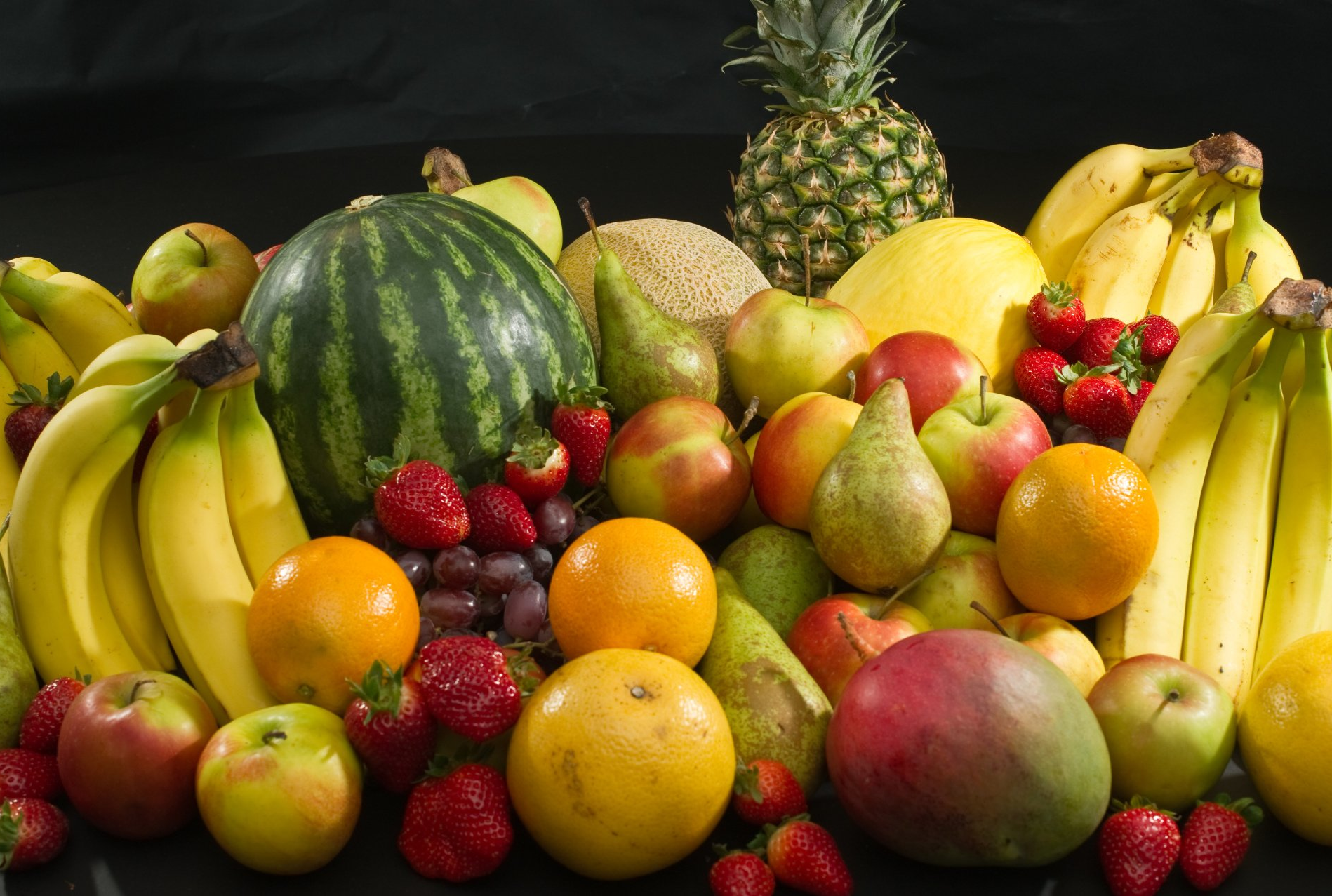What of a Cultural Vision?
- By kwende ukaidi
- •
- 12 Dec, 2023
- •
Celebrating the Harvest of All-Year-Round Cultivated Effort for Upright Ascension

The primary people of creation have
demonstrated, since the earliest of times, that they hold exceptional visionary
capabilities. With their natural prowess of wisdom these pioneering souls had laid
out plans to build with everlasting implication and brought it into fruition
time and time again. Constructs of architectural excellence, and the like, that
punctuated their thrust of pinnacle Afrikan civilisation were the outward
expressions of their highly cultured prowess that empowered their brilliancy of
vision. In this regard, one could say that their outward expressions of
superlative civilisation emanated from their cultural vision.
In the modern era, cultural vision may not be popularly seen on the scale of grand civilisation. Rather, it may only be readily accessible as a term attributed to particular forms of societal institutions. As such, a contemporary mainstream source offers the following definition:
“A culture vision is a statement that describes the desired future state of your organisation's culture, values, and behaviours. It should reflect your purpose, mission, and goals, as well as the needs and expectations of your stakeholders”.
If this definition were altered to focus on cultured Afrikan peoplehood as whole, the following might be derived:
“An Afrikan culture vision is that which describes the desired future state of Afrikan culture, values, and behaviours. It should reflect Afrikan purpose, mission, and goals, as well as the connected inclusiveness of empowerment of the Afrikan then, now and tomorrow”.
Here, ‘stakeholders’ are not simply those souls of the immediate present as an obvious inclusion. Physically, those that have been, those that are present and those that are yet to come all form a part of the cultured continuum of this people’s natural norm of accountability.
Of course, in an unfortunate state of interruption and disruption, where Afrikan souls are subject to the destructive vices of others that mean the Afrikan ill, culture vision can suffer acutely whether through denial, abandonment or being nullified. Compounding disorder, others of ill may construct, push and peddle a ‘vision’ of pseudo-culture, that raises false hopes, false anticipation and false expectations in the minds of Afrikan souls only to renege on false promises and pull-the-rug from under Afrikan feet at an opportune time to suit ill-convenience. Alternatively, others of ill may attempt to shoehorn the Afrikan into a total denial of themselves and to assume the posture of being at one with those that mean them ill. Here, the Afrikan may end up exclusively empowering the ‘vision’ of others to their own neglect or demise.
This soul people of creation surely ought to recover their cultural vision of brilliancy and apply themselves accordingly. With effort to restore a level of self-knowingness and civilised living this can be done. Certainly, this primary people’s cultural vision is naturally far from being dislocated imagination. As their continuum of the ages endlessly demonstrates, civilisation is not of happenstance.
Kwanzaa is one of the essential cultural observances of life within the Universal Royal Afrikan Nation. The Universal Royal Afrikan Nation (URAN) is an Afrikan-centred spiritual and cultural mission for ascendancy that embodies living spiritually and culturally rooted life. To find out more about URAN and its spiritual-cultural mission for liberty and nationhood click here. The exquisite URAN pendant can be obtained online by clicking here.
In his capacity as an Afrikan-centred spiritual cultural practitioner this author is available for further learning in this regard and also for the carrying out of ceremonies such as naming and name reclamation. For details please click here.
Afrikan World Studies programmes are an important forms of study in understanding the Afrikan experience. There are a range of subjects covered on these programmes including History, Creative Production, Psychology and Religion. To find out more about these learning programmes please click here. For the video promo for these learning programmes click here.
Also, in the approach to the important cultural observance of Kwanzaa, the text: From Pert-En-Min to Kwanzaa - A Kuumba (Creative) Restoration of Sacred First Fruits by this author is available to purchase online here. This publication provides informative detail on the of the Kwanzaa celebration. You can also visit the institution of Yemanja to pick up a copy.
At nominal cost, also consider acquisition of an a4 laminate poster of articulations by this author when visiting the Yemanja-O establishment to enrol, consult, learn, gather or otherwise.
Also, visit www.u-ran.org for links to Afrikan liberation Love radio programme on Universal Royal Afrikan Radio online.
